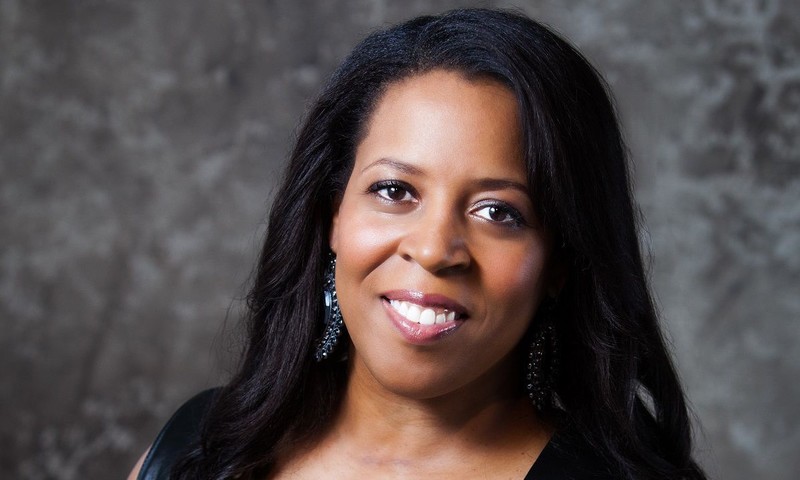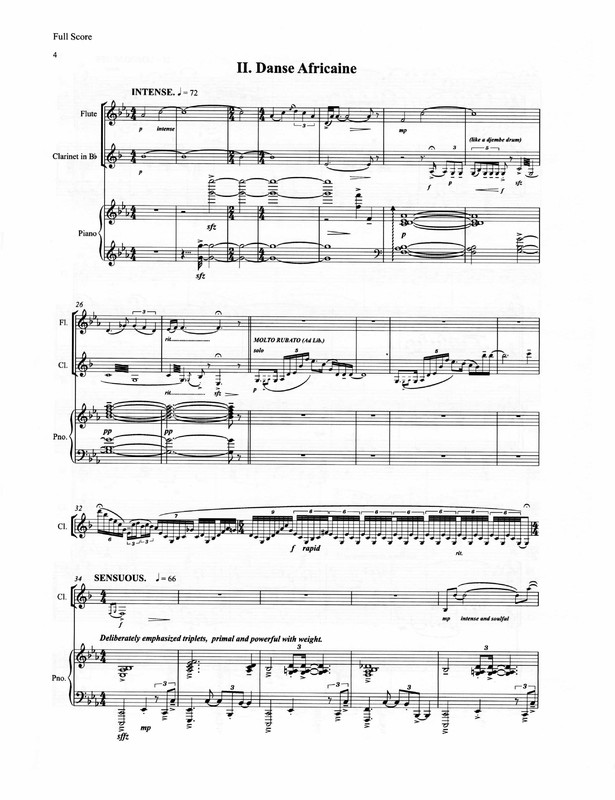Portraits of Langston
Item
-
Score title
-
Portraits of Langston
-
Composer
-
Valerie Coleman
-
Program note
-
"The early 1900's was a new era for African-Americans. For the first time in American history, the disciplines of visual art, music, and literature simultaneously took a turn to celebrate African-American culture. As a result, the 'Harlem Renaissance' was born. Langston Hughes was in the center of that cultural explosion, and like many African-American artists who lived in Harlem, Hughes had dreams of living in Europe - living a life unfettered from segregation.
'Portraits of Langston', is a suite in six short movements, and is my take on Hughes' poetic memories of Harlem and Europe (mainly Paris). These movements can be performed separately or in its entirety. chose Langston not because of who he is in literature, but because he was in fact, an 'eye-witness' to legends born. His poems are so descriptive of the era, with references to particular settings and individuals that influenced him: Josephine Baker, Helen Keller, the nightlife/music of Harlem jazz clubs and Parisian cabarets. The imagery that Hughes provides gives me quite a historical palette that inspires me to illustrate a work truly unique to duo repertoire. Stylistically, this work incorporates many different elements that are translated into woodwind technique: the stride piano technique, big band swing, cabaret music, Mambo, African drumming, and even traditional spirituals.
Each movement is a musical sketch of selected (and lesser known) poems from Langston Hughes' vast library.
Helen Keller
Danse Africaine
In Time of Silver Rain
Jazz Band in a Parisian Cabaret
Summer Night
'Le Grand Duc Mambo' is the only exception. It is a musical sketch of the Jazz Club in the scandalous red light district of Montmartre, where Langston worked as a busboy for 25 cents a night.
Performance notes: Should be performed in its entirety, or the performers may omit movements to accommodate the venue of performance. It is highly optional but recommended that the poetry listed above is read prior to each movement by either a guest speaker or the performers themselves. If time permits on the program to read a selection for 'Le Grand Duc Mambo,' I suggest reading the humorous short story 'One night, there was a terrible fight at the Grand Duc' from Langston's personal memoir 'From the Big Sea.'"
 Valerie Coleman
Valerie Coleman

